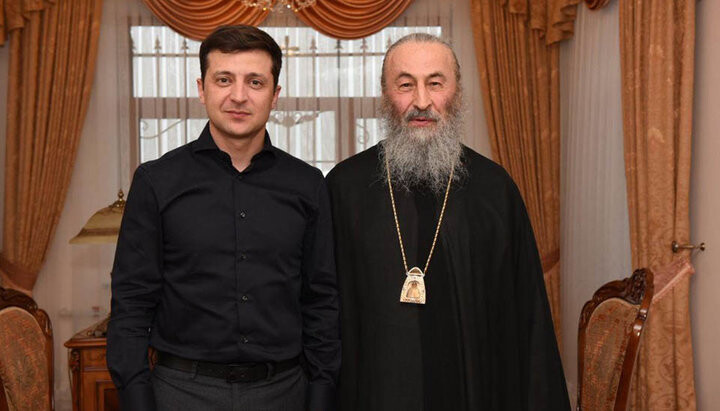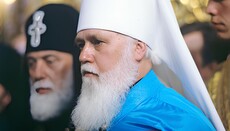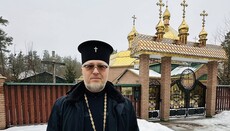Power and UOC: Schizophrenia as state policy

When it suits the authorities, the UOC is “Russian”; when it doesn’t, it’s “Ukrainian.”
Ukraine’s Prosecutor General’s Office and the SBU announced charges against Metropolitan Kirill of Stavropol, head of the ROC Synodal Department for Cooperation with the Russian Armed Forces.
Among the accusations was the curious phrase: “Kirill contributed to subordinating Ukrainian dioceses to Moscow.”
As we all understand, no dioceses of the OCU or UGCC have ever been subordinated to Moscow. Which means that by “Ukrainian dioceses,” the prosecution clearly means the Ukrainian Orthodox Church (UOC). And this isn’t a slip of the tongue – it’s a pattern. Back in April 2025, the SBU announced suspicions against 14 “high-ranking” ROC clerics who had allegedly “helped seize Ukrainian churches in the temporarily occupied territories.”
At the same time, every branch of government – from Zelensky downward – insists on calling the UOC “Moscow’s” and “Russian.” The State Service for Ethnopolitics (DESS) even produced an entire “study” supposedly proving that the UOC is part of the ROC.
On the basis of this “Russianness,” the state keeps expelling communities from their historic churches, forcibly “transferring” them to the OCU, stripping clergy of mobilization exemptions, and in general implementing a law aimed at the total destruction of the UOC.
So – when convenient, the UOC is “Russian”; when not, it’s “Ukrainian.” The authorities behave schizophrenically – splitting their own narrative whenever convenience demands. Nothing less than a political split personality disorder.
The etymology of the word schizophrenia comes from “split mind.” In popular culture, it’s often confused with “split personality.” In reality, schizophrenia is quite rare – about 4 to 6 cases per thousand people. But judging by current events, the concentration among our government officials appears to be significantly higher.











